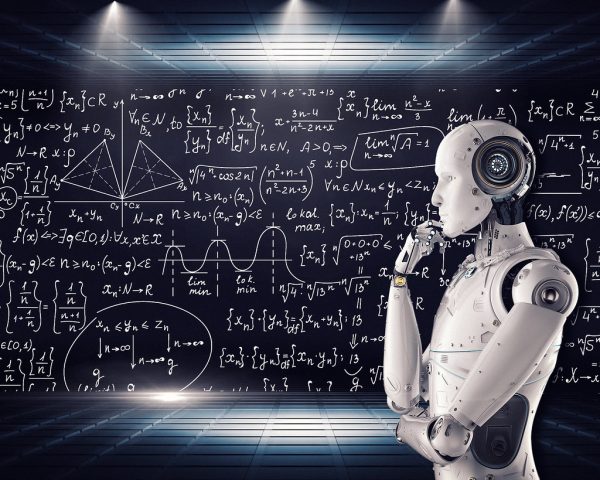The Necessity of Animal Testing
February 4, 2020
Imagine living in a world without antibiotics, organ transplants, or treatments for harmful diseases. In today’s society, we no longer fear fatal illnesses like polio and smallpox; for this, we owe much thanks to animal testing. If not for animal testing, we simply wouldn’t be living in the advanced society we are today. It’s true there’s the expense of the millions of animal lives, but in the big picture it’s a small price to pay for the preservation and improvement of the billions of valuable human and animal lives alike.
The main argument against animal testing is ethics. Is the use of animals in experiments ethical? Is it morally justifiable to violate animals’ basic rights for the betterment of our own lives? Undeniably, the answer should be yes. Animal testing has improved drastically, especially in terms of ethics, since its first appearance back in the third century BCE. There are several laws in place that protect animal lives, including the Animal Welfare Act, which guarantees animals “proper housing, treatment, veterinary care, food and water.” Susan Swartley, former animal care specialist at Merck Pharmaceuticals, confirms that the animals were always well cared for under strict regulations. “There’s several ways in which the well-being of our animals are ensured- everything from receiving proper food and water, and even toys and music as well. The FDA also came in at random times to make sure everything was well-regulated,” she says. Nowadays, it is clear that ethics are not as strong of an argument as they once were.
We’d be nowhere near the level of advancement that we’re at in today’s society if we didn’t have animal testing. It enables us to efficiently test new medications and procedures at a much faster rate than it would if we were to test on humans, and has yielded us significant medical breakthroughs and endless consumer innovations. Animal testing undoubtedly plays one of the most crucial roles in the progression of man (and animal) kind.









